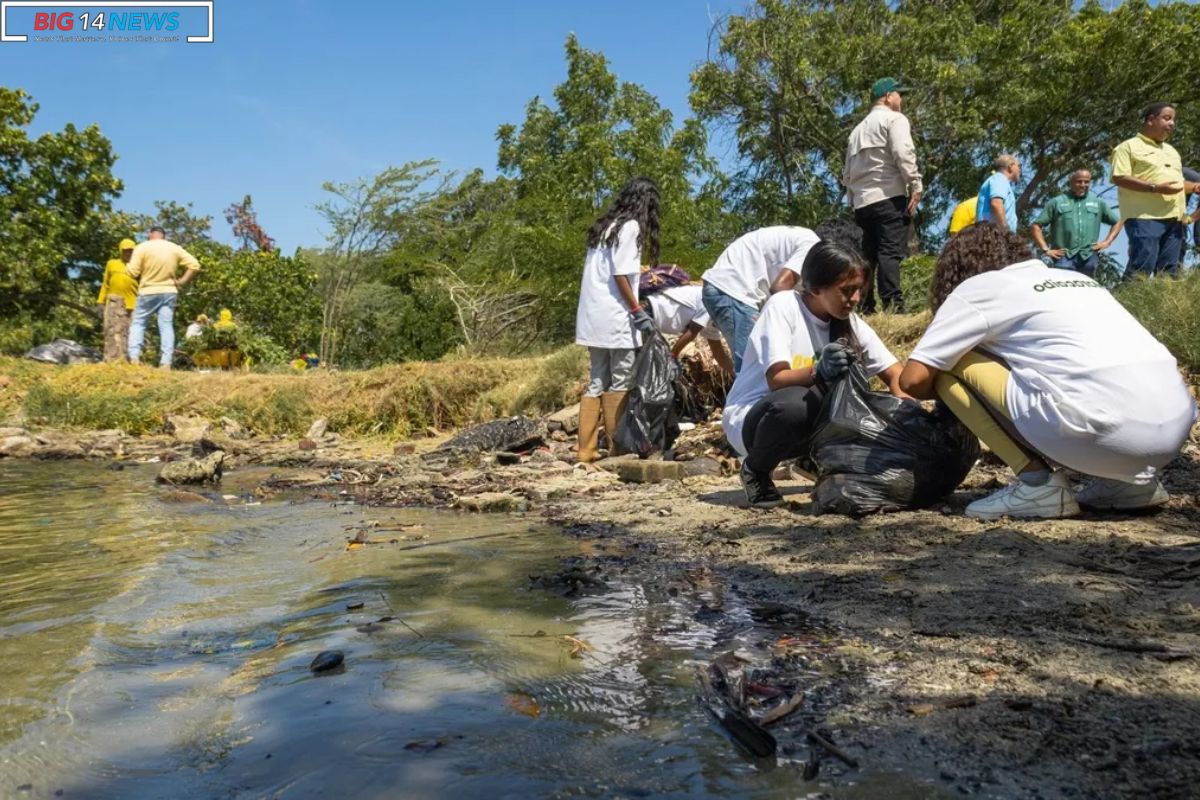Alabama Activist Leads Innovative Effort: Environmentalists plan to harness the power of hair, weaving nets and mats to combat oil pollution in Venezuela’s Lake Maracaibo.
Lake Maracaibo, a vast and ancient body of water, is suffering from severe crude oil pollution visible even from space. Despite the gravity of the situation, there have been limited efforts to address the environmental crisis. Selene Estrach, a 28-year-old environmental activist, has taken matters into her own hands by founding Proyecto Sirena, a national network of activists dedicated to saving the lake.
Estrach is urging people to donate hair, a novel idea she discovered while searching for easy, cost-effective, and sustainable ways to clean Lake Maracaibo. “It seemed like a crazy idea, but I always like to think that everythings possible,” said Estrach.
Since her appeal, numerous individuals have donated hair, including some who brought their dogs for the hair donation drive. Bags of human and pet hair now fill her car.
The activist and her team plan to use the donated hair to weave pantyhose-like nets strategically placed in Lake Maracaibo. These nets will surround oil slicks, preventing them from spreading or separating. The team has also crafted mat-like devices for shoreline cleanup, which will undergo testing next week. According to Estrach, two pounds of hair can absorb between 11 and 17 pounds of oil, offering a cost-effective and sustainable solution to the environmental crisis.


ALSO READ: Wildfire Threatens Bay Road West: Urgent Call to Follow Alabama Burn Ban
To ensure the initiative’s sustainability, Estrach and her team are researching environmentally responsible methods for safely disposing of the oil absorbed by their devices. “It will be our contribution to a growing field of research about this technique,” she explained.
The concept of using hair for oil spills dates back to 1989 when Alabama-based hairstylist Philip McCrory initially conceptualized a hair-filled net. This innovative approach was later tested and proven effective by NASA.
Hair has been employed globally over the years to clean oil spills, such as its use alongside used clothes to remediate the oil slick resulting from the sunken tanker Princess Empress in Pola, Oriental Mindoro, earlier this year.
